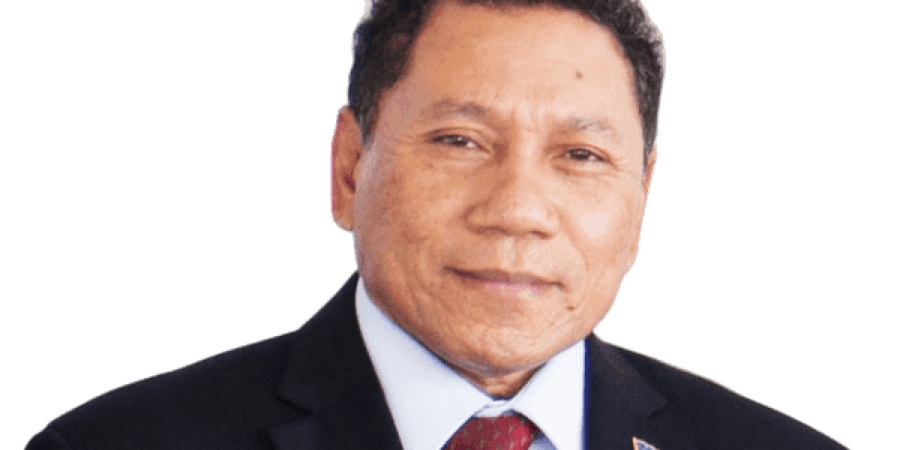SOLOMON Islands may not be able to reach its target of graduating from the Least Developed Country (LDC) status in 2027 and meet the United Nations 2030 Agenda for Sustainable Development, but it must work hard to eventually meet these goals.
This was highlighted by the Minister for Foreign Affairs and External Trade, Peter Shanel Agovaka in his contribution to the Sine Die Motion in Parliament for the indefinite adjournment of the house last month following the passage of the 2025 Supplementary Appropriation Bill 2024 (2025 Budget).
Minister Agovaka dedicated part of his Sine Die speech to highlight the country’s goals of graduating from the LDC status in 2027 and meet the 2030 UN Sustainable Development Goals (SDGs) as the deadlines draw nearer.
He said Solomon Islands target of graduating from the LDC status in 2027 will be missed, but it must keep working hard to eventually graduate and meet the UN 2030 SDGs.
Minister Agovaka said his people of Gold Ridge are planning to build a hydroelectricity power supply in their land so that it will supply electricity for Gold Ridge and at the same time supply some power to national grid in Honiara.
He said though it is true that Solomon Islands is still very far behind in terms of development, the government should work with the people to provide services.
The Central Guadalcanal MP said those working in government ministries should work hard to achieve the objectives of their respective ministry in serving the people.
The LDC is a status designated by the United Nations on developing countries that exhibit the lowest indicators of socioeconomic development.
The UN 2030 Agenda for Sustainable Development, adopted by all United Nations Member States in 2015, provides a shared blueprint for peace and prosperity for people and the planet, now and into the future.
At its heart are the 17 Sustainable Development Goals (SDGs), which are an urgent call for action by all countries – developed and developing – in a global partnership.
They recognise that ending poverty and other deprivations must go hand-in-hand with strategies that improve health and education, reduce inequality, and spur economic growth – all while tackling climate change and working to preserve our oceans and forests.
By IAN LADDS OSO
Solomon Star, Honiara









